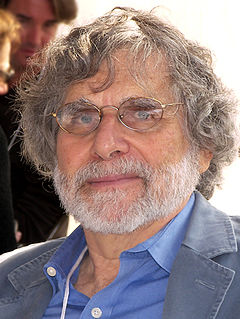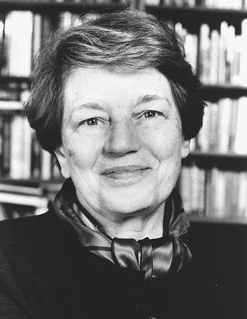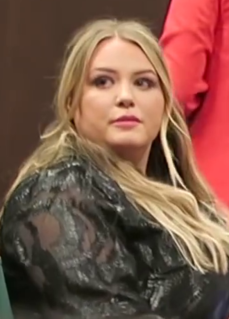A Quote by Justin Cartwright
I grew up reading Updike. I remember being alarmed to find that he had published short stories by the time he was 22. I think 'Pigeon Feathers' was the first collection of stories I read. Only much later did I discover his non-fiction reviewing and art criticism.
Related Quotes
Sad to think that we won't have any new stories from John Updike, one of the last century's masters. But so many here in the two volumes of his collected stories, 186 by my count, stories to read, reread, savor over the course of a cold season. Updike's genius in the short form spills out of these many, many pages.
There is something I keep wanting to say about reading short stories. I am doing it now, because I many never have another occasion. Stories are not chapters of novels. They should not be read one after another, as if they were meant to follow along. Read one. Shut the book. Read something else. Come back later. Stories can wait.
My first book published in France was translated and titled Exercices d'Attente in 1972. It was a collection of short works written and published in Romania. In 1973 I was ready to publish the novel Arpièges, which I had started writing in Romanian and of which I had published some fragments under the title Vain Art of the Fugue. Some years later, I finished Necessary Marriage.
My father was a writer, so I grew up writing and reading and I was really encouraged by him. I had some sort of gift and when it came time to try to find a publisher I had a little bit of an "in" because I had his agent I could turn to, to at least read my initial offerings when I was about 20. But the only problem was that they were just awful, they were just terrible stories and my agent, who ended up being my agent, was very, very sweet about it, but it took about four years until I actually had something worth trying to sell.
About a year after (my stories began being published), magazine editor George Scithers, suggested to me that since I was so new at being published, I must be very close to what I had to learn to move from fooling around with writing to actually producing professional stories. There are a lot of aspiring writers out there who would like to know just that. Write that book.SFWW-I is that book. It's the book I was looking for when I first started writing fiction.
A lot of people who want to see the short story have a renaissance of readership - they tend to think of short stories, and sometimes poems too, as being well-suited to the way we now live, with all of these broken-up bits of time. I hope they're right, but my sense is that our fiction reading has become, if anything, more cherished as a kind of escape from fragmentation.





































